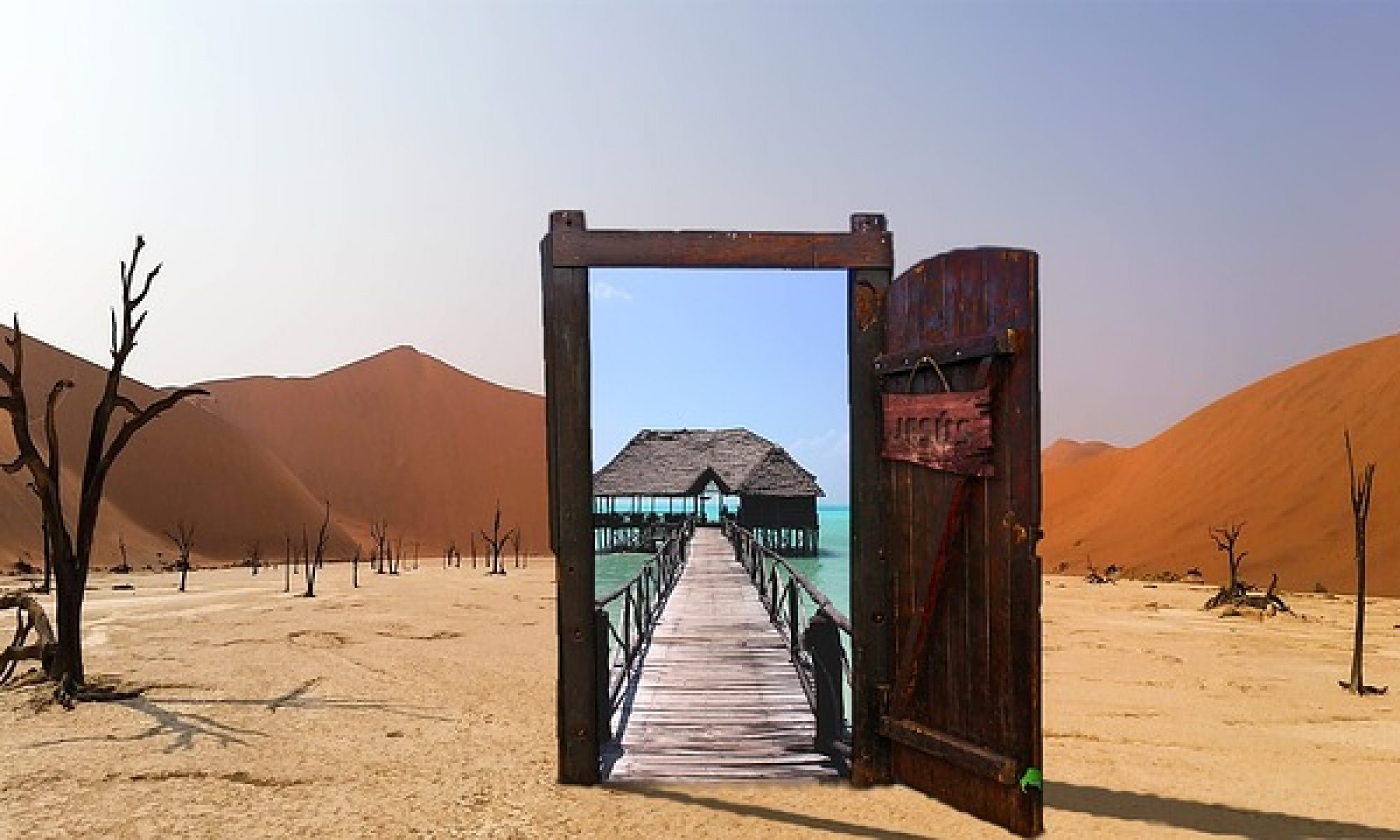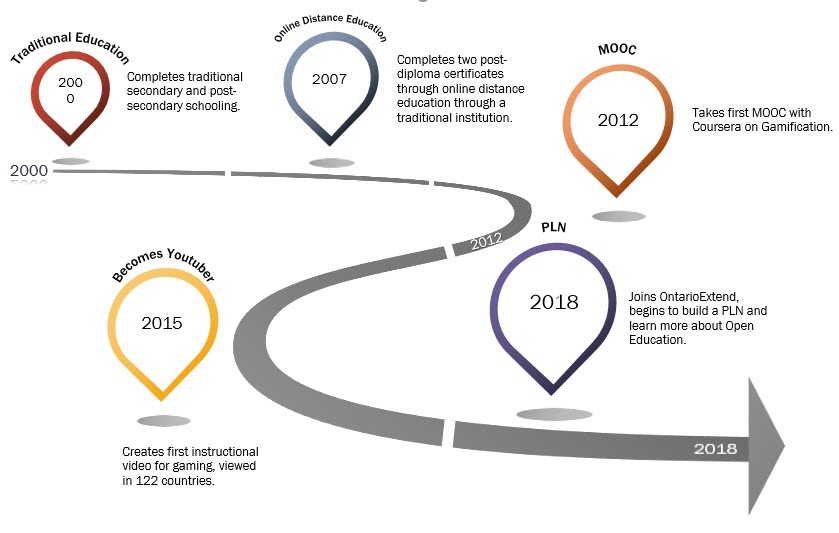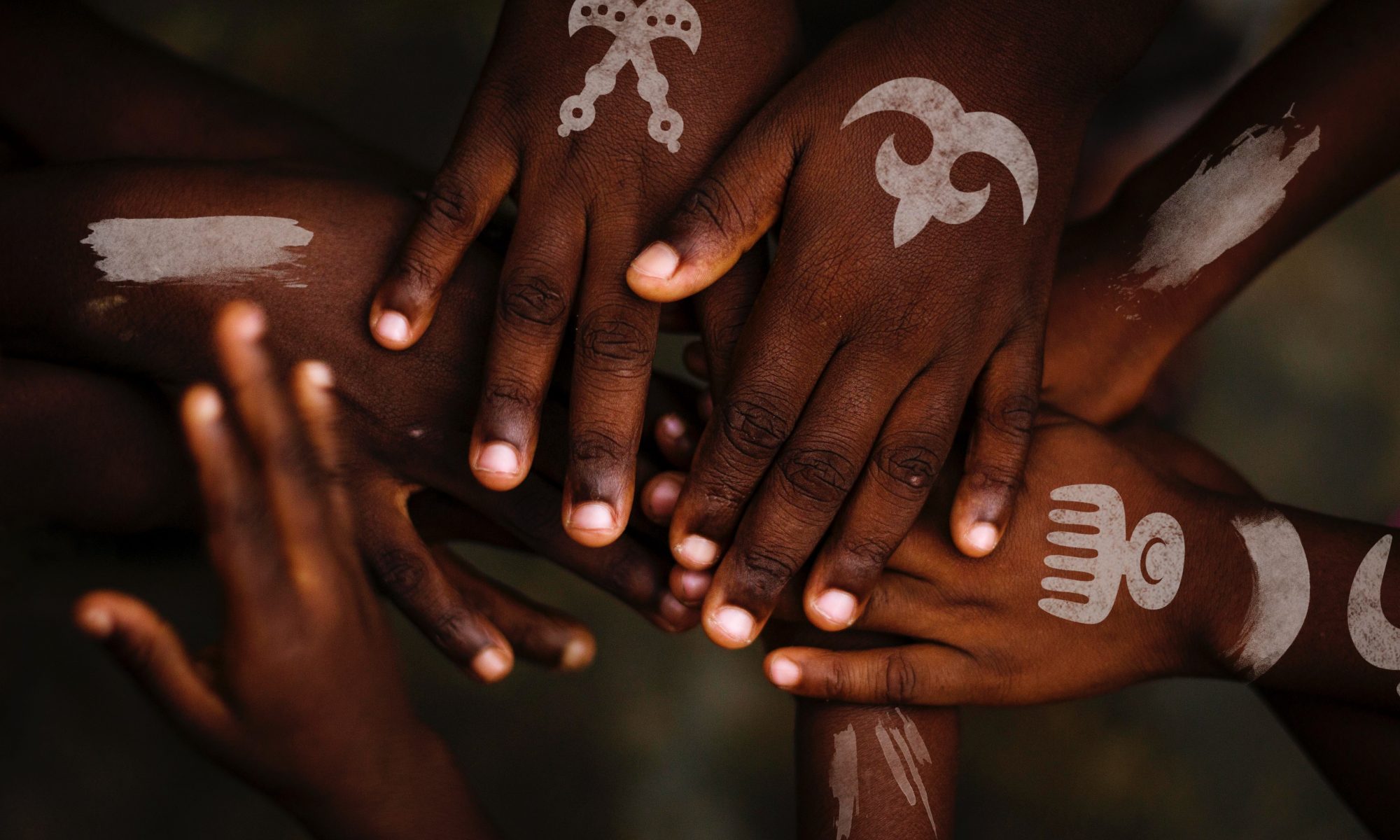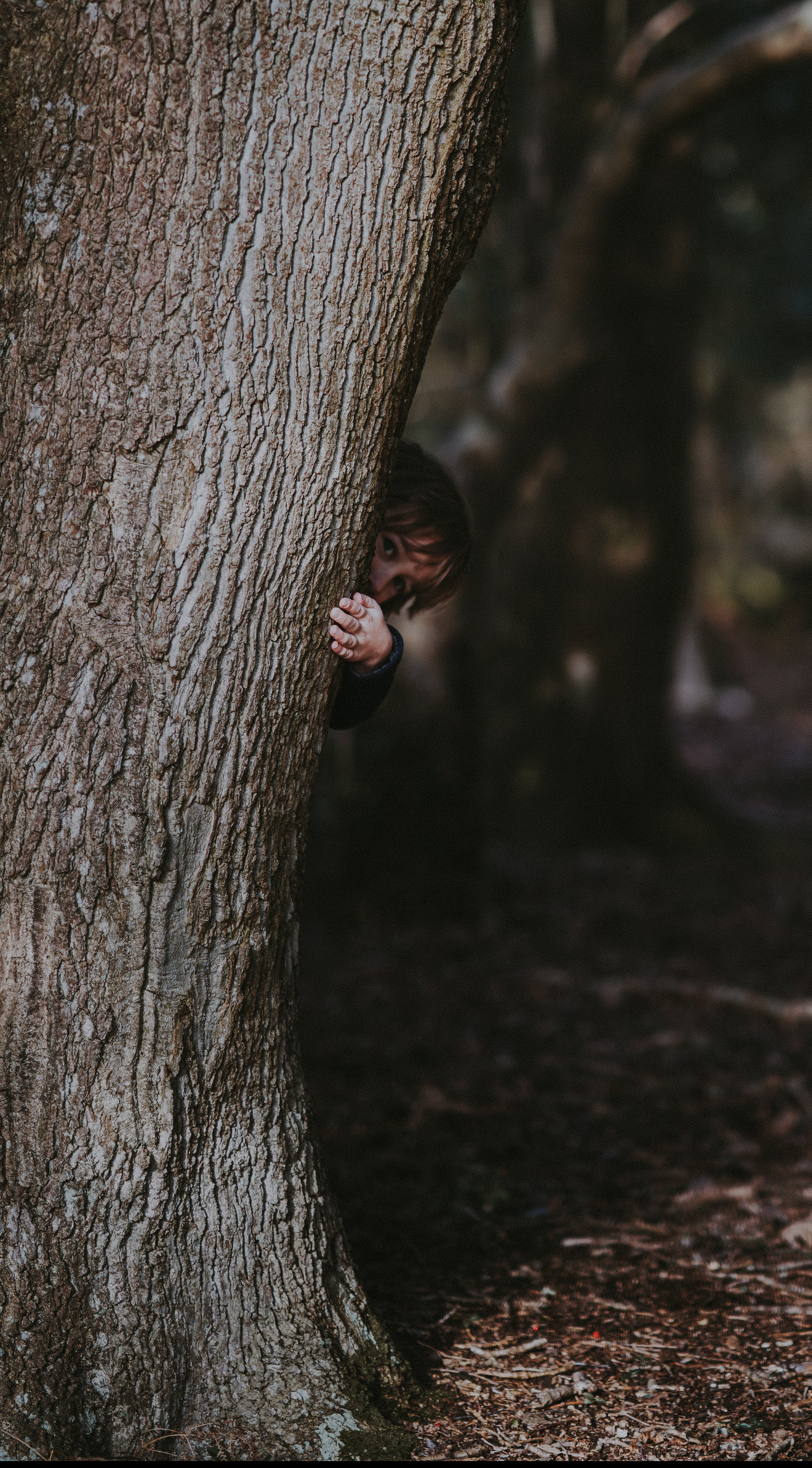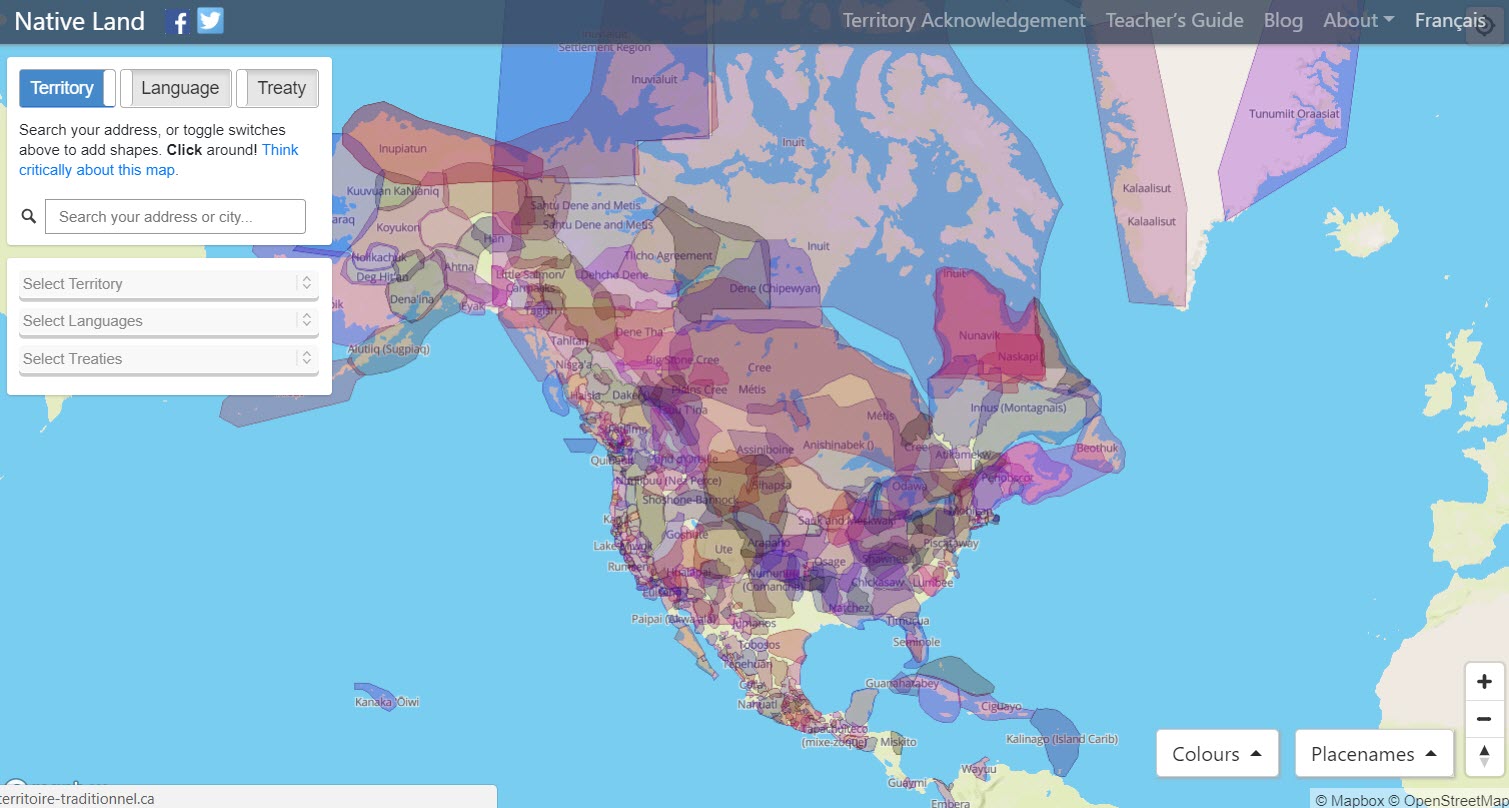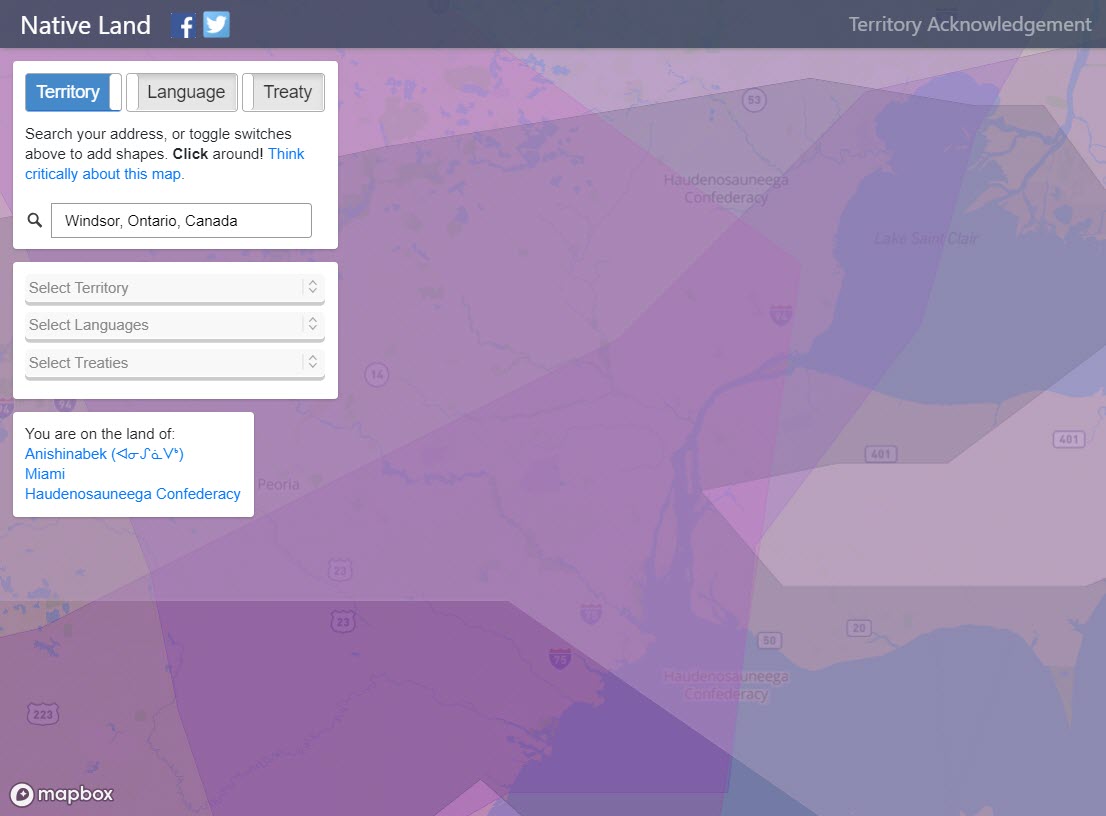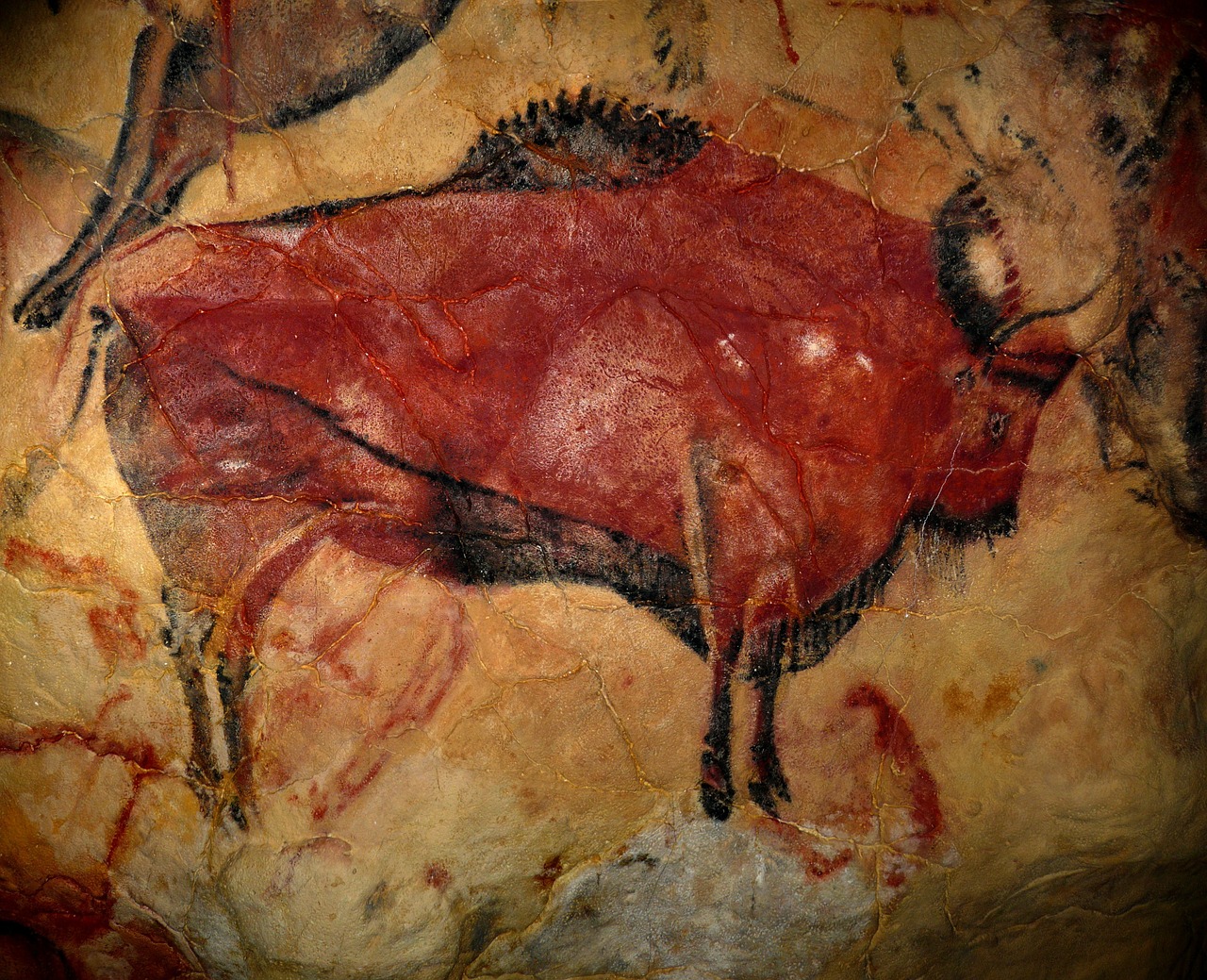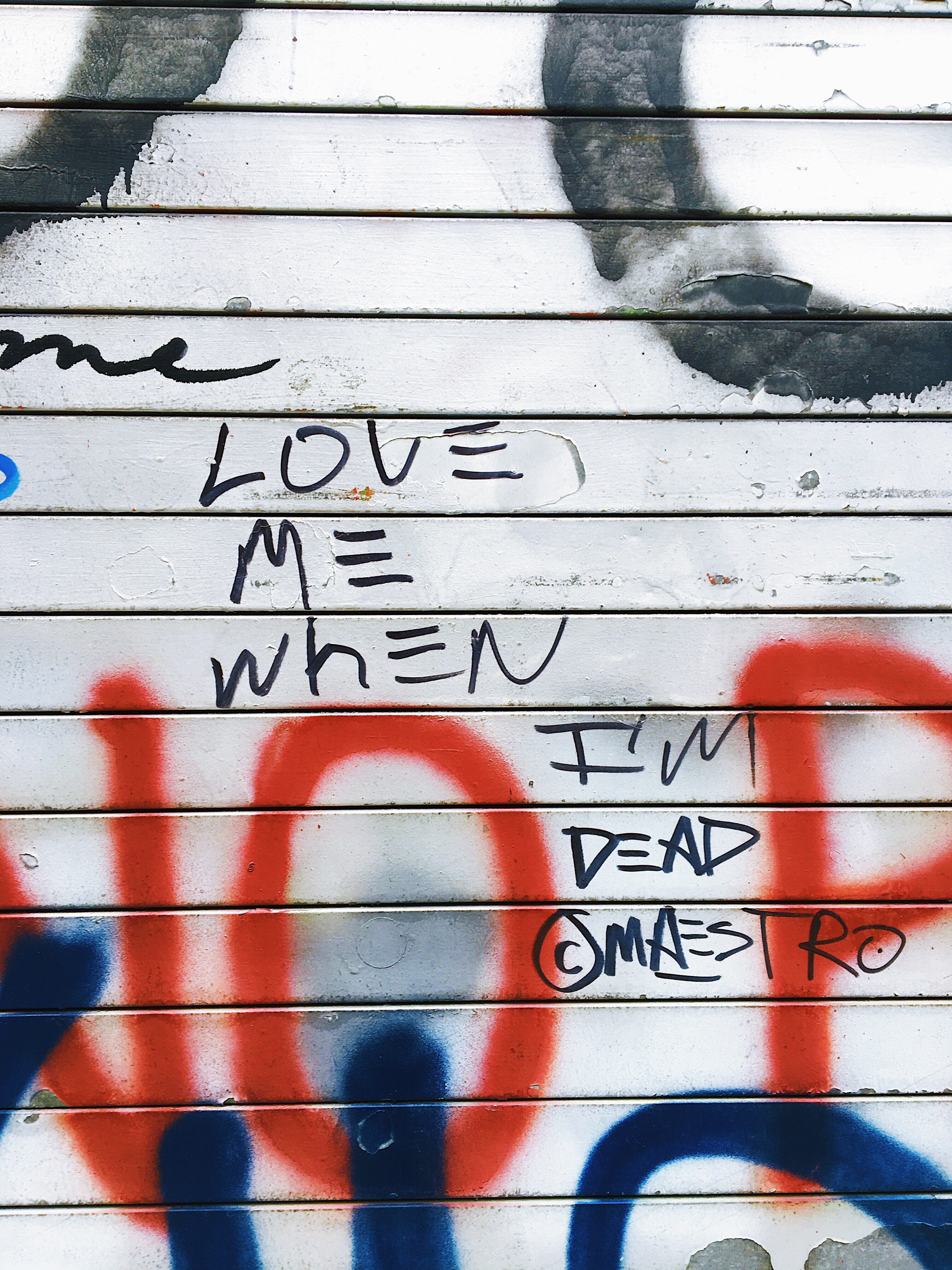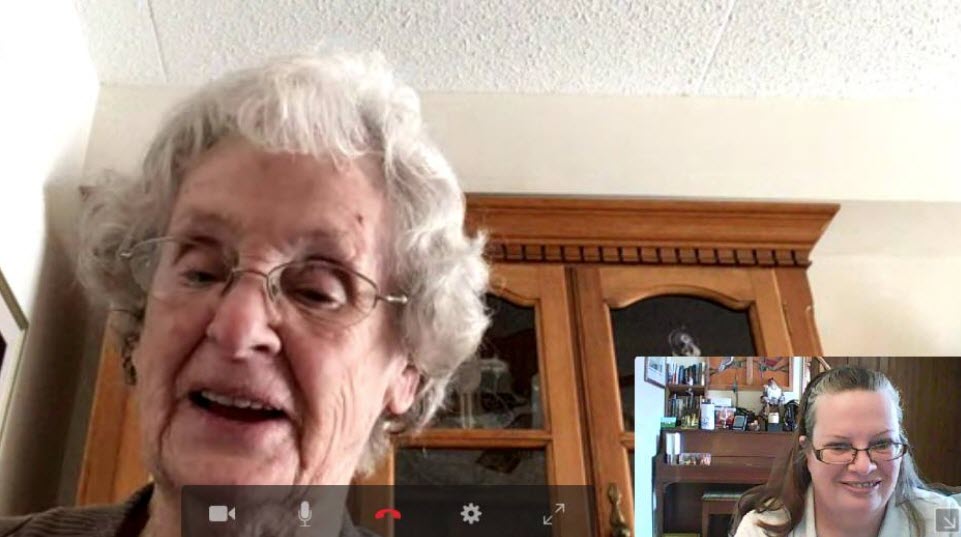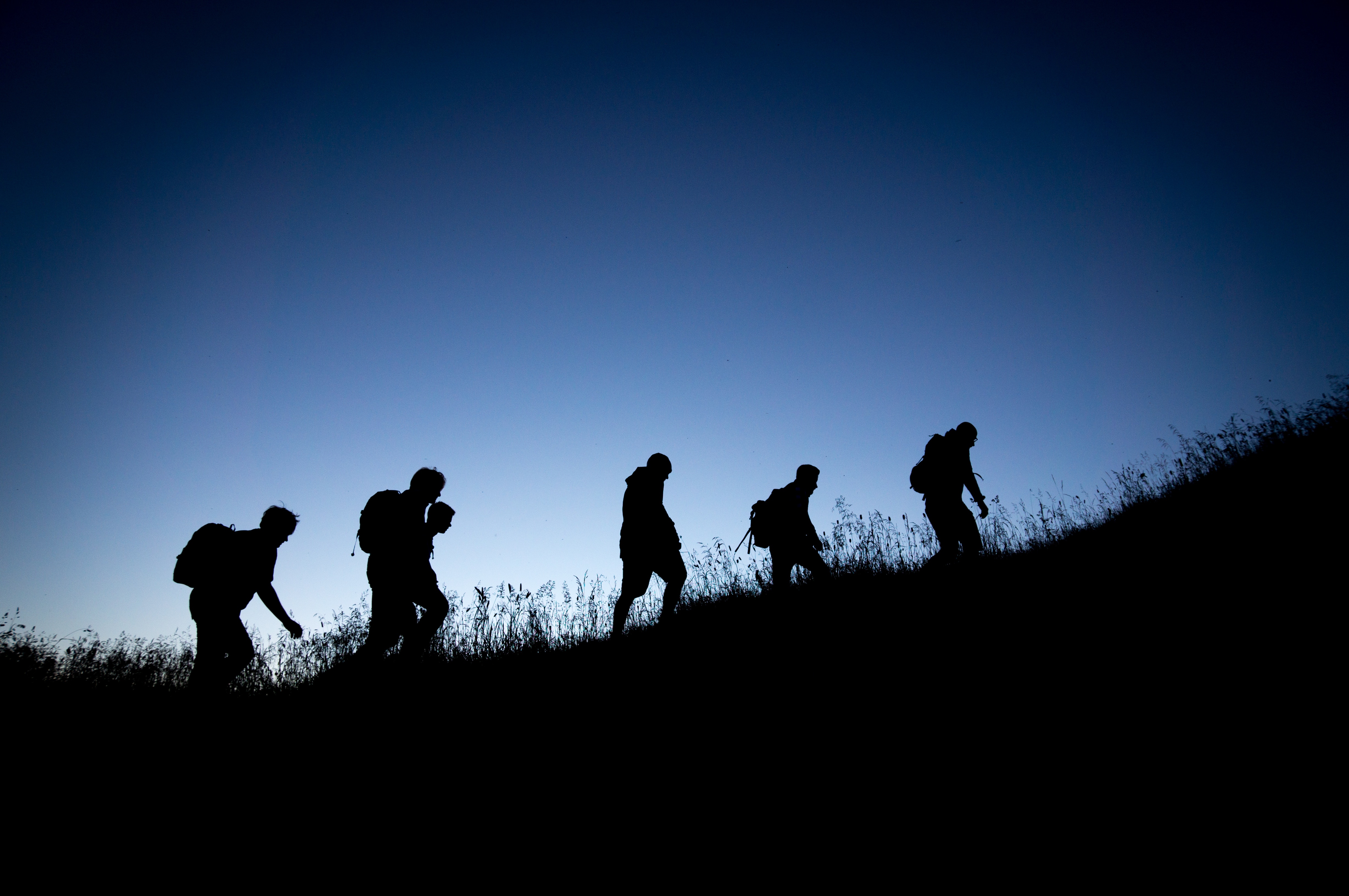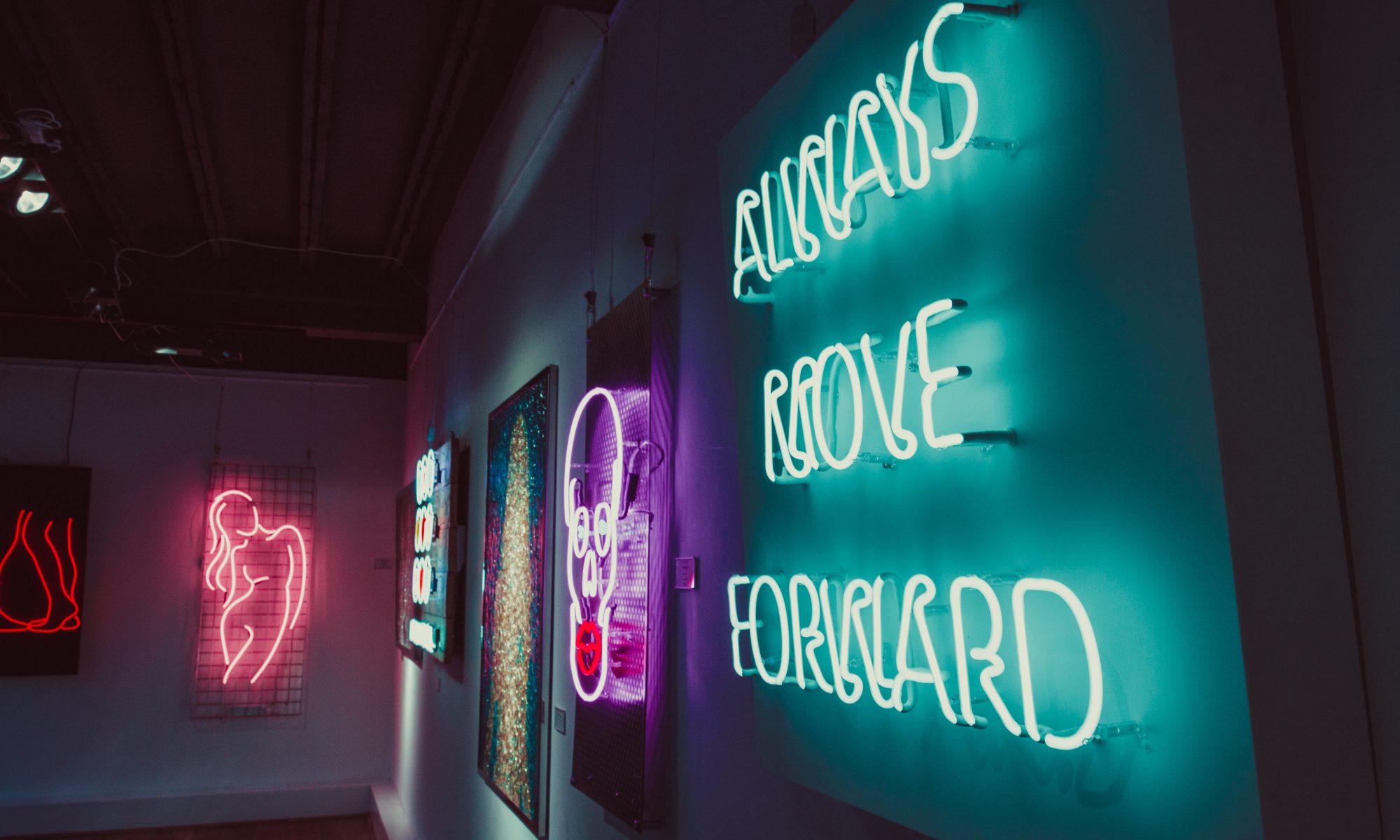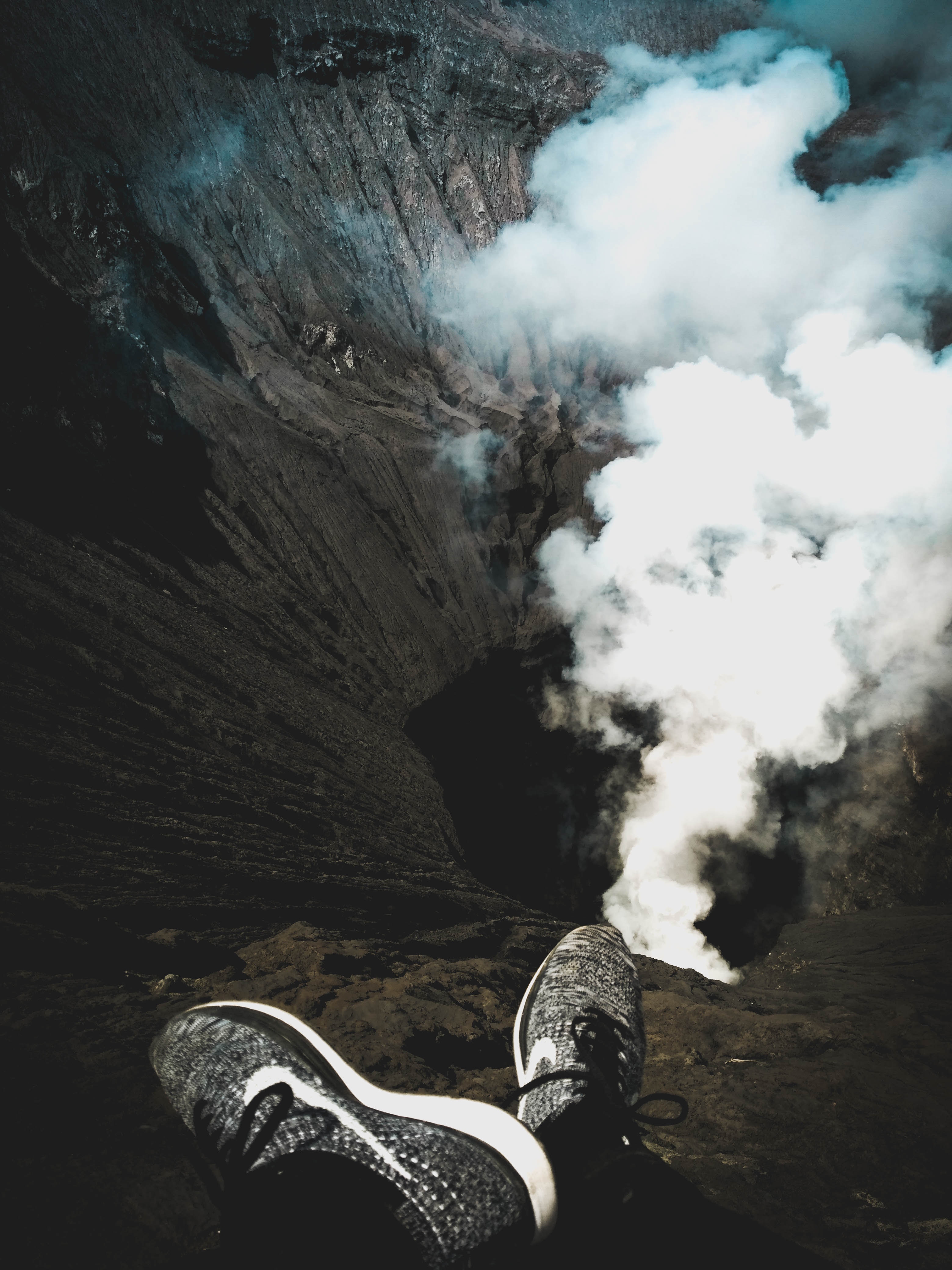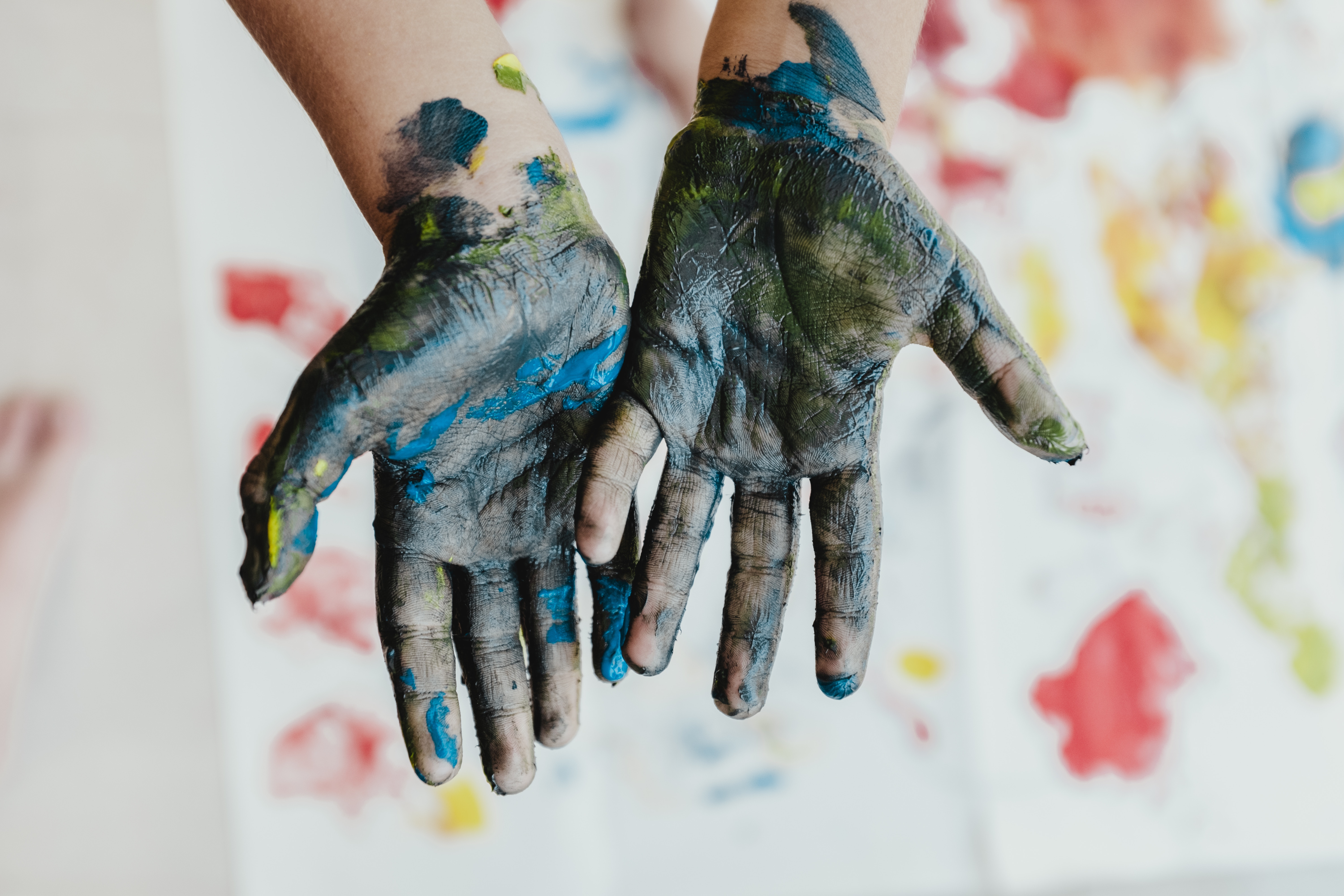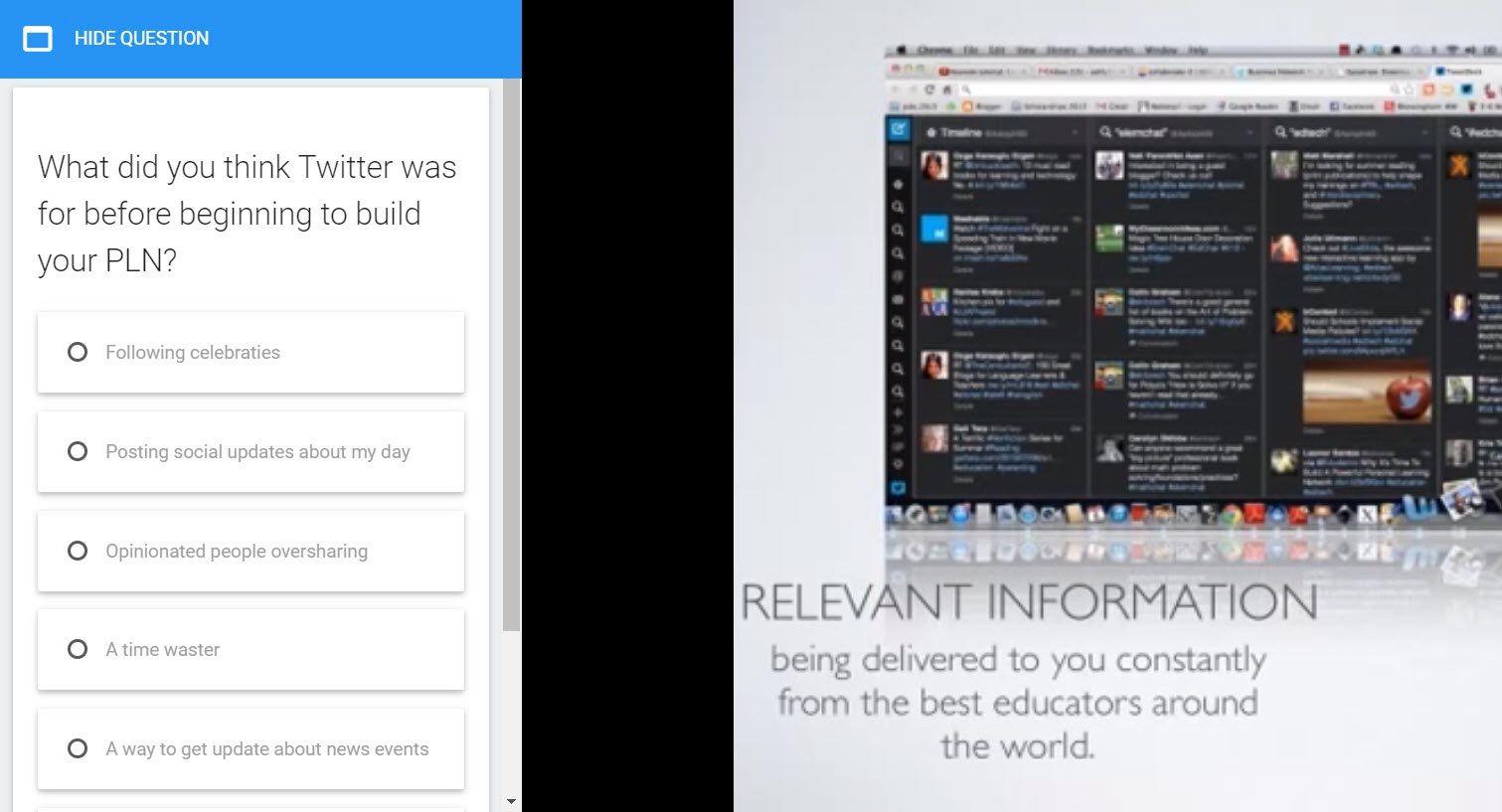As I reflection on the history of open education, I think about my own progression to this point. I started learning in typical school settings deciding that I was done with traditional education in the early 2000s. For work purposes, I completed two post-grad certificates in Learning Disabilities Specialities through Cambrian College which was 90% online (and distances education for me) with two practicum requirements to be completed with a mentor.
In the years following, I became unsatisfied with the professional development opportunities offered to me and I began looking for my own. I completed some more distance courses for a fee and started hearing about MOOCs. I joined my first MOOC in 2012 and completed Gamification with Kevin Werbach @kwerb who also happens to be the first person I followed in Twitter. I have completed more MOOCs with Coursera and FutureLearn (my favorite platform) from education institutions in Canada, US and UK.
During the same period, I also pursued other learning online through blogs, websites and videos. I am also a gamer and began to create instructional videos for my fellow players in 2015. While I do not have many followers, my videos have been viewed in 122 countries. This and the experience of taking courses at universities in other countries through MOOCs opened my eyes to the idea of learning that can stretch over boundaries.
I am very new to Open Education. I began to study this in more depth just this year. Currently, through a MOOC on Open University called Making Sense of Open Education and through participating in OntarioExtend.
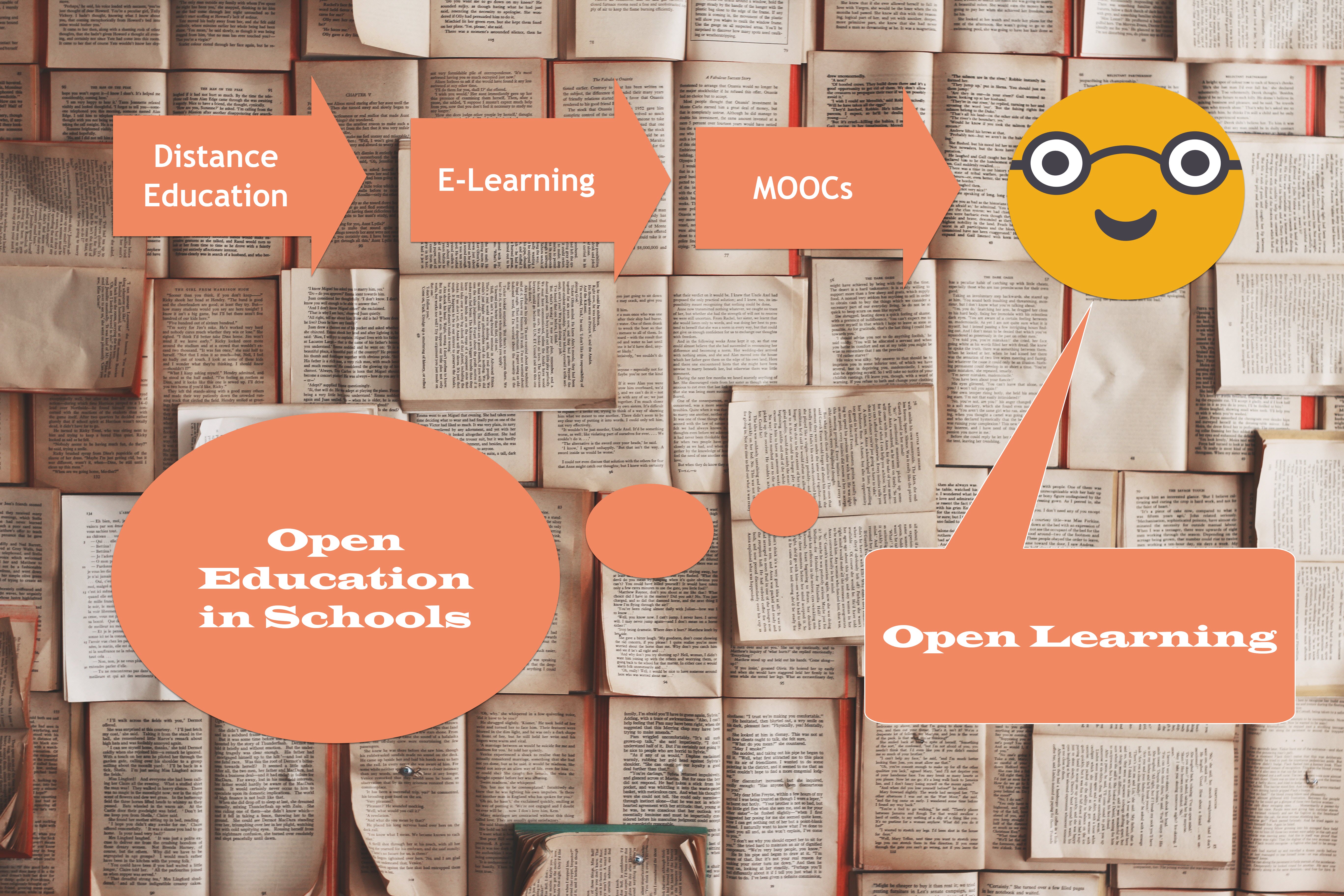
While I may not have all the definitions right, I see a connect between distance education, e-learning and MOOCs as having brought me to the point that I am interested in learning more about open learning for myself and that has started me thinking more about open education at my own institution and how I can contribute to that.
